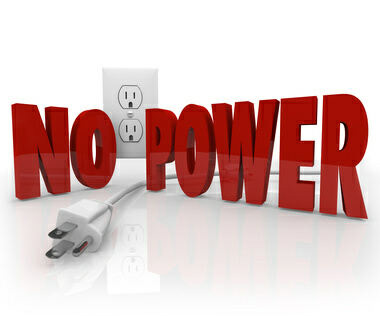Solar Inverter Anti Islanding Protection
By Finn Peacock, Chartered Electrical Engineer, Fact Checked By Ronald Brakels
Anti Islanding Protection is an important safety feature built into all grid connect inverters by law. A grid tie inverter has sophisticated monitoring circuits that can detect the loss of grid power in fractions of a second and switch off the inverter automatically.
It gets its name from the term “islanding”, which is a situation where the grid is down but some homes are still providing energy to the grid, sending power back into the otherwise inactive electricity supply lines.
This is a situation that should be avoided at all costs. Why? For 2 very important reasons:
1) Safety of the workers fixing the electricity grid.
Imagine that the grid goes down and the sparky climbs up a local power pole to fix the offending transformer or wire. Now imagine there are a number of homes in the street all merrily feeding power back into the grid from their solar panels. Your sparky is gonna get one hell of a shock!
2) Safety of the grid hardware.
When the grid infrastructure detects a fault, the transformers and other equipment on the grid shut down for their own protection. If you then force electricity into them from your solar power system, you could destroy that equipment, creating a costly and dangerous mess.
So what happens to your solar powered home in a blackout?
The disadvantage of Anti Islanding Protection, of course is that, if there is a blackout, your solar inverter will shut down and your house, like all the others in the street, will be blacked out too!
If you don’t want this to happen, then there are technological solutions available. You can buy special inverters that will isolate your home from the grid in the event of a blackout, and use a combination of battery storage and solar to power your home until the grid comes back on.
However, expect to pay 2 to 3 times as much for your solar system if you want this option, known as “hybrid solar” or “grid connect with battery backup”. It costs more because the inverter has to be a lot more sophisticated. The inverter’s Anti Islanding Protection has to work even though your solar system is still powered up. You also need a lot of battery storage to keep the lights on and appliances operating when a cloud passes or the sun goes down, and big, reliable batteries are still very expensive.
